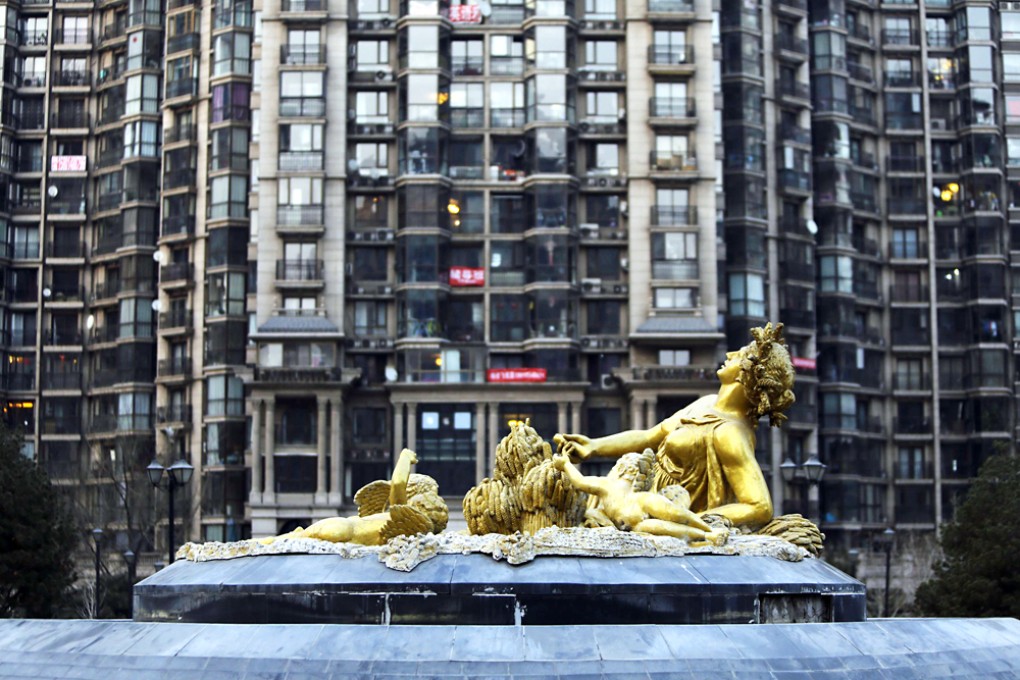China should not be too quick to ease capital controls, economist says
Issue among domestic priorities to come before capital account moves, economist says

China must not be too hasty in opening up its capital account before solving serious domestic problems, including a housing bubble and inefficient allocation of resources, a prominent economist said.
Yu Yongding, a member of the Chinese Academy of Social Sciences, a top government think tank, told a property forum on Tuesday the right decision for Beijing should be "to allow the yuan to float while keeping certain capital account controls".
The yuan and the capital account broadly encompass cross-border investment flows.
Yu, a former adviser to the People's Bank of China, said he did not expect the housing bubble to burst in the next two years - beyond that, he is not so sure. He also expected a sustainable economic growth rate of 6 to 7 per cent.
"Can you imagine home prices dropping 30 or 50 per cent? In Beijing, Shanghai and all those big cities, it's impossible," he said.
The housing market has shown signs of cooling in recent months, with home price inflation easing and transaction volumes falling. Developers are cutting prices in cities such as Beijing and Hangzhou, while one small developer has collapsed under heavy debt.
Yu said the banking system had limited exposure to the property sector, which accounts for 20 to 30 per cent of total lending.